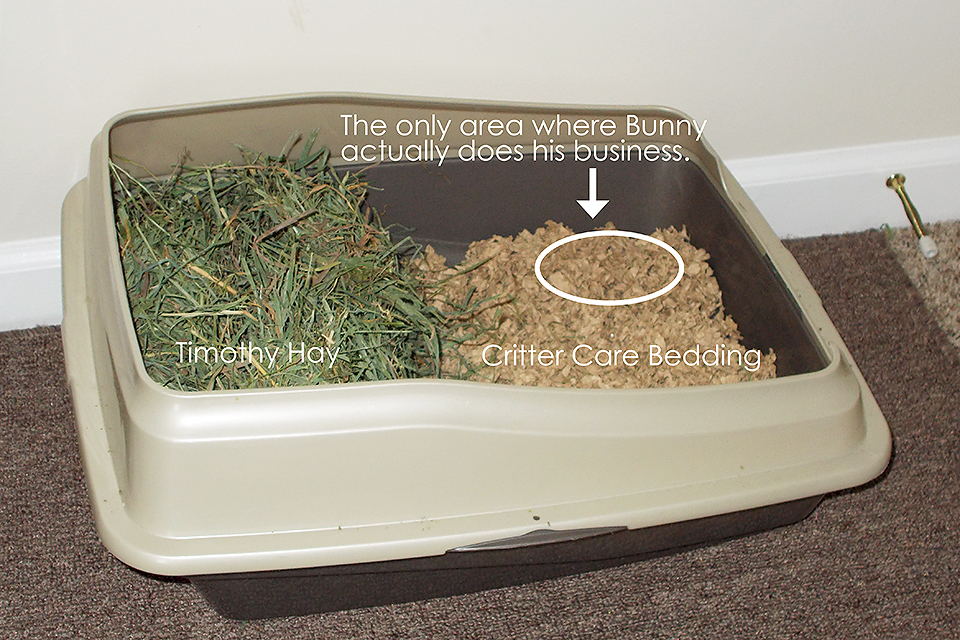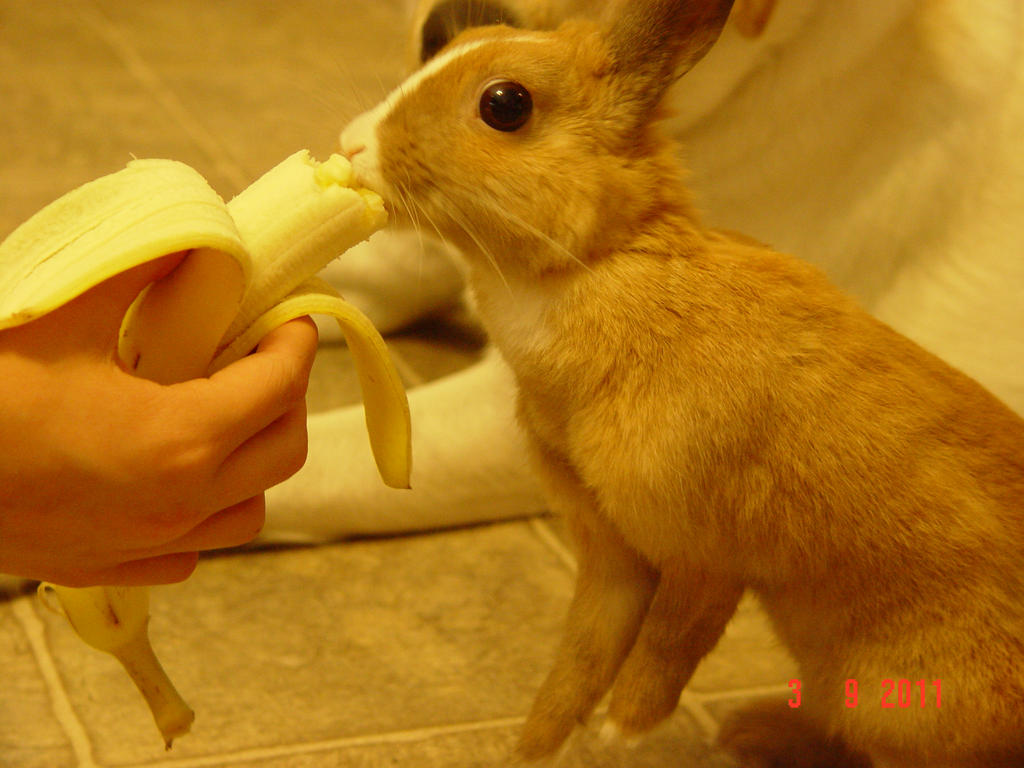People who keep them as pets usually buy/adopt rabbits because either they’re cute or because they’re easy to take care of, relative to other animals. If you think the same, you would be right about the former but not entirely about the latter because the misconception is that all you have to do is feed them and that’s all.
Rabbits often suffer terribly because people don’t really know how to care for them, and so here’s a small guide on basic but vital things to remember if you have or plan to have a rabbit:
1. First things first, get a hutch or a big cage for the bunnies to stay in
Bunnies should have a place they recognize as their home, they should be put inside at night and left open through the day. The hutch should also be large enough to give them room for exercise and hop around.
Here are a few ideas on what sort of hutch you can get. They can easily be built by your local carpenter.

2. They need to be given a constant supply of hay and water
Hay is an important part of their diet and keeps their digestive system healthy so make sure they always have access to hay and water, whether they’re in their hutch or outside.

3. DO NOT keep just one rabbit
Rabbits are social animals and are not meant to be kept alone. They tend to get depressed without companionship of their own. So please, never keep a rabbit alone.

4. Don’t forget to get them them neutered and spayed
The phrase ‘reproducing like bunnies’ doesn’t come out of nowhere. Bunnies mature sexually within 3-6 months and their gestation (pregnancy) period is 31 days which means an average female rabbit can give birth about 11-12 times a year. Each litter has about 6 off-springs and can vary up to 14. That’s a lot of bunnies and not enough people to take care of them and they’re usually given away here and there. So once they’ve mature, please find a reliable vet with experience and get either your male neutered or the female spayed.

5. Provide them with a litter box
Bunnies can easily be litter trained if you simply keep a litter box around, in a fixed spot for them to find. Take a box, line it with newspaper and fill it with shredded hay (or bhoosa in Urdu). Clean it and fill it as per need, keep hay within reach even in the litter box.

6. Bunny proof the room and area they’ll reside in
You’ve to let your bunny out to hop around and rabbits love to chew on things. So unless you want to lose another iPhone cord- remove all electrical cords, furniture, other objects that are valuable or harmful to the bunny.

7. Provide them with cardboard boxes and small wooden blocks to chew on
Rabbit teeth grow throughout their lifetime so to keep their teeth healthy they need to chew on these things to wear down the teeth. This will also prevent them from chewing on your furniture. Whatever you give them for chewing, make sure it’s safe and won’t cause any injuries.

8. Feed them in a meal pattern and in a precise serving
Give them breakfast early morning, lunch in the noon, a snack in between, dinner and then leave some food for them overnight. Don’t give them too much food at once, it will lead to digestive issues.

9. Their diet should have a lot of vegetables, especially the leafy greens
This is aside from their hay and water snacks.
Coriander, spinach, turnip greens, cucumbers, carrots should be an integral part of their diet. Two cups of vegetables a day is sufficient for an adult rabbit. Please avoid giving them human food like meat, dairy or chocolate.

10. Give them fresh fruits for treats
Give them treats but occasionally because their digestive systems cannot handle large calorie intake. Bananas, apples, strawberries and other natural sweets make bunnies very happy.

11. Clean the area they live in, regularly
Rabbits are very particular about cleanliness and get extremely bothered if they’re in an unclean environment so clean their cages and hutches weekly. Disinfect the litter box with vinegar solution.

12. Provide them with optimum temperature and give them a bath ONLY when extremely necessary
Rabbits are to be kept in a cool shady area if they’re outside. They don’t like getting too hot so especially in Pakistan’s heat, bring them inside. Keep them in the AC, they optimum room temperature for rabbits is 21-25 Celsius degree.

Rabbits DON’T need to be given a bath, they clean themselves regularly. In fact, giving them baths unnecessarily might be fatal for them. But if your bunny gets too dirty and gets his excretion stuck to himself or sometimes if they get diarrhea and can’t clean themselves, they need to be given a bath because they get extremely upset if they’re not clean. Here’s how to give your bunny a bath.
13. Don’t forget to groom your bunny
Rabbits don’t need to be given a bath but their nails need to be clipped because if they get too long they’ll curl and start to get stuck to things and might hurt the bunny. However, cutting their nails is extremely tricky and dangerous so go to a vet or someone who’s done it before to see how it’s done or refer to YouTube. They’ve a vein in their nails so you don’t want to accidentally clip that. During their shedding season, brush them to get rid of the excess fur. There are soft brushes available suited especially for bunnies.

14. Cuddle up with them when you’ve cleaned and groomed them up
Spending time with your bunny, by petting it, holding it and simply having them around will create a bond between you both. Bunnies are preys and get scared really easily, so spend some quality time with your furry buddy everyday.

15. Pick up on their body language for any health concerns
Bunnies don’t talk but that doesn’t mean they don’t express. You can tell how they bunny is feeling just by looking at them. Check this out to know some cues that you should generally be aware of.

Now go and get yourself one of those cuties.
Cover image via: modernfarmer.com